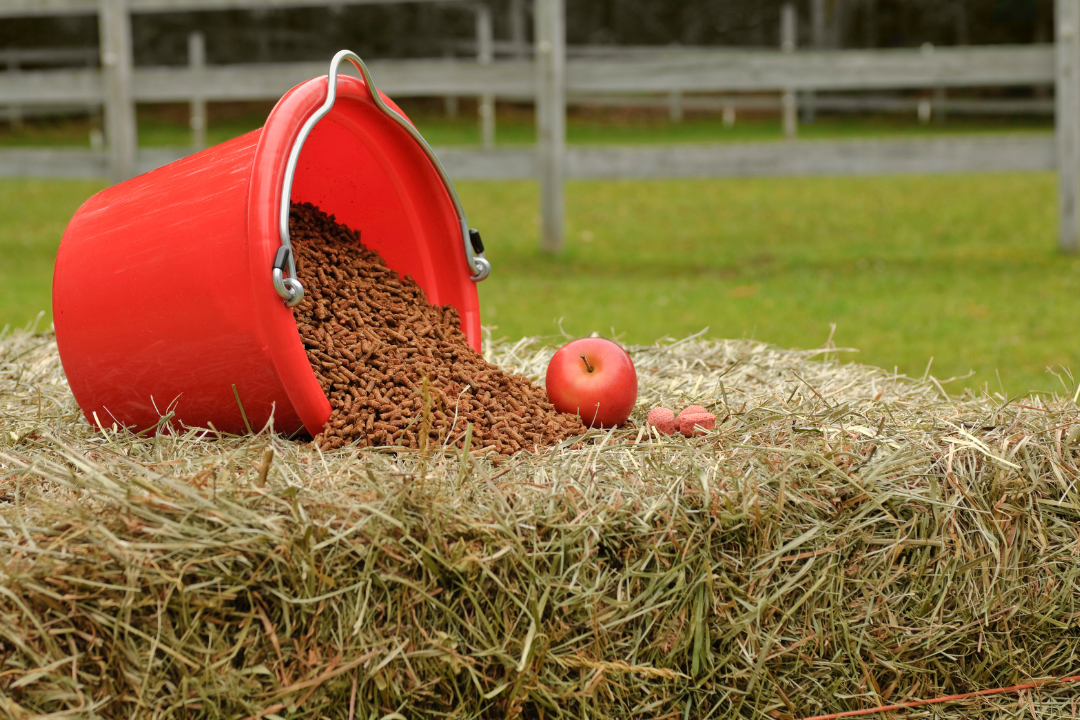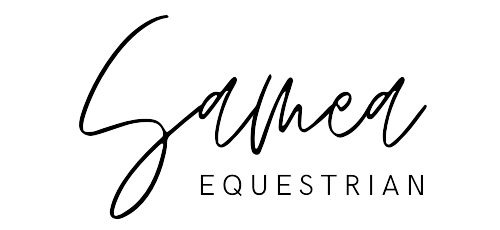
Which Food for Which Type of Horse — A Complete Feeding Guide
Feeding horses is both a science and an art. With so many feed options available, it’s easy to feel overwhelmed. But when you match the right nutrition to the right horse, you’ll see the results — in their energy, health, performance, and attitude.
Every horse is unique. Age, workload, body condition, and health status all play a role in determining what — and how much — they should eat. Here’s a detailed guide to help you feed smarter:
1. Leisure & Companion Horses (Light or No Work)
Best Feed:
- Good-quality grass hay (e.g., timothy, orchard)
- Minimal to no grain
- Vitamin and mineral balancer pellets
Why It Works:
These horses have low energy demands. Overfeeding grain or calorie-dense feeds can lead to obesity and metabolic issues. Focus on high-fiber forage with controlled portions. If pasture is poor or hay lacks key nutrients, a balancer helps fill in the gaps without adding unnecessary calories.
Watch for: Weight gain, boredom (consider slow feeders), and signs of nutrient deficiencies.
2. Performance Horses (Moderate to Heavy Work)
Best Feed:
- Alfalfa hay or a legume-grass hay mix
- Energy-rich grains like oats, corn, or barley
- Commercial performance feeds with added fat and electrolytes
- Salt blocks and access to fresh water
Why It Works:
Working horses burn through calories quickly. They need more energy, protein, and electrolytes to maintain muscle mass and avoid fatigue. A mix of carbohydrates and fats provides long-lasting energy, while protein supports muscle repair. Electrolyte supplementation is key, especially in hot weather or intense training.
Watch for: Weight loss, dehydration, or ulcers. High-grain diets should be carefully balanced with roughage to avoid digestive upset.
3. Foals, Yearlings, and Growing Horses
Best Feed:
- Specialized growth formulas (balanced calcium:phosphorus ratio)
- Good-quality alfalfa or legume hay
- Limited, carefully introduced grains
Why It Works:
Young horses are rapidly growing and need a consistent, balanced supply of essential nutrients to support bone and tissue development. Too much energy or unbalanced minerals can lead to developmental orthopedic diseases.
Watch for: Signs of uneven growth, limb deformities, or joint swelling. Growth should be steady, not rushed.
4. Senior Horses (Aging or with Dental Issues)
Best Feed:
- Senior complete feeds (easily digestible and high in fiber)
- Soaked hay cubes or beet pulp
- Mashes or soaked pelleted feeds
- Joint supplements if needed
Why It Works:
As horses age, their ability to chew and digest forage may decline. Senior feeds are designed to provide the full spectrum of nutrition in a softer, more digestible form. Soaked feeds help prevent choke and ensure hydration.
Watch for: Weight loss, quidding (dropping food), or changes in coat condition. Regular dental checks are essential.
5. Easy Keepers (Prone to Weight Gain or Metabolic Conditions)
Best Feed:
- Low-sugar (low NSC) hay
- Slow feeders or grazing muzzles
- Ration balancers instead of traditional grain
Why It Works:
These horses have very efficient metabolisms and gain weight easily — which can lead to laminitis, insulin resistance, and other metabolic issues. Feeding low-starch, high-fiber diets keeps their gut healthy and weight in check.
Watch for: Cresty necks, fat pads over the ribs or tailhead, or signs of laminitis. Keep them active!
6. Horses with Health Conditions (e.g., Cushing’s, Laminitis, Ulcers)
Best Feed:
- Soaked, low-NSC hay
- No grain or molasses
- Specialized low-carb feeds (e.g., for insulin-resistant horses)
- For ulcers: low-starch, high-fiber feeds; avoid long fasting periods
Why It Works:
Some conditions require strict dietary control. Horses with Cushing’s or insulin resistance must avoid sugar and starch, while ulcer-prone horses benefit from steady access to forage and minimal grain. Tailoring feed to medical needs can improve quality of life and longevity.
Watch for: Recurring hoof pain, excessive drinking or urination, mood changes, or poor coat condition.
Final Tips for All Horse Owners:
- Make feed changes slowly: Sudden shifts can cause colic or digestive upset.
- Always provide clean, fresh water. Dehydration can quickly lead to serious issues.
- Salt and minerals matter: Offer free-choice salt or a mineral block.
- Weight tape your horse regularly: Helps monitor body condition objectively.
- Consult a vet or equine nutritionist: Especially for complex needs or health issues.
